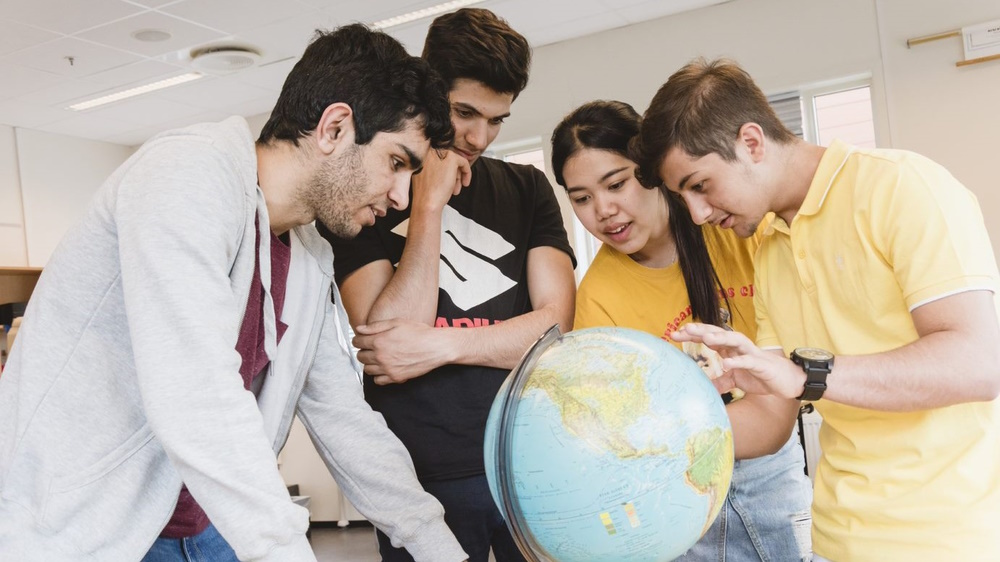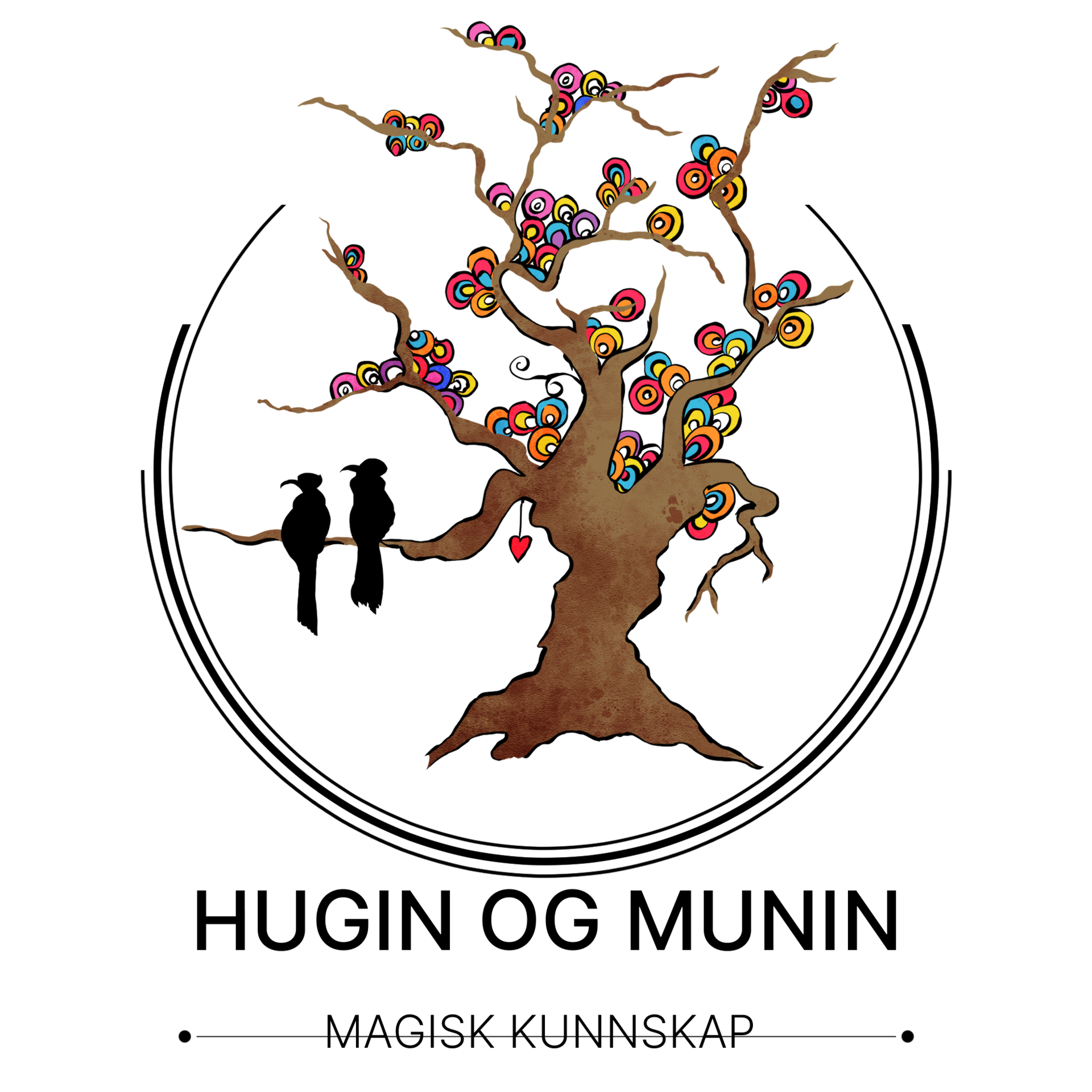Background
The combination of a multilingual turn in language education and a call for more socially just education has foregrounded multilingualism, rather than monolingualism, as the norm for teaching and learning (May, 2014). However, many teaching materials remain grounded in monolingual ideologies, based on conceptions of language as bounded and unitary and often related to notions such as ‘native speaker’ and ‘mother tongue’. Emergent bilingual students have different linguistic and cultural experiences and may have immigrated for a variety of reasons. This diversity requires flexible and functional teaching methods and resources to meet students’ different needs.
About the umbrella project
This umbrella project consists of several subprojects. The overall aim is to construct more knowledge about the development of multilingual teaching matererials, from the perspectives of students, teachers, translators, and developers.
Hugin and Munin from a student perspective
Developed by Magisk Kunnskap, Hugin and Munin is a digital learning platform that takes a resource perspective on multilingualism and knowledge. This innovation approach will help to reduce the dropout rate in upper secondary education for emergent bilingual students and accordingly increase the likelihood that more students will become active citizens and employees. In 2023 Magisk Kunnskap received funding from Innlandet County Council to conduct research on this innovation idea together with UiO. The purpose of the research project was to gain knowledge about how students use and experience Hugin and Munin.
Building a multilingual educational resource from below
The aim of this project is to construct new knowledge about adapting multilingual educational resources to the needs of young people. This will be done through:
- A research campaign engaging young people with short residency time in Norway as citizen scientist to collect reflections about language.
- A professional collaboration forum for selected bilingual teachers, translators, and product developers in multilingual education resources to discuss and adapt resources to meet students' actual needs. The languages in focus are Arabic, Tigrinya, Swahili, Ukrainian, and Russian.
This sub-project is financed through seed funds from the Faculty of Education (2024–2025).
Master projects
Several master's students in the Mi Lenga programme use Hugin and Munin in their designs
- Buer, E. K. (ongoing). Flerspråklighet som ressurs i prosessorientert skrivearbeid i norsk for elever med kort botid i Norge [Multilingualism as a resource in process-oriented writing in Norwegian for newly arrived students to Norway] [Master's thesis, University of Oslo].
- Pawlowska, E. (ongoing). Arbeid med nyheter i samfunnsfag i et språklig og kulturelt mangfoldig klasserom sett fra et elevperspektiv [Working with news in social studies in a linguistically and culturally diverse classroom from a student's perspective [Master's thesis, University of Oslo].
Collaborators
- The social entrepreneur Magisk Kunnskap represented by CEO Tone Evensen.
- Dr Line Møller Daugaard is a senior researcher at VIA University College in Denmark and conducts research on multilingualism in a wide range of educational settings. She is research leader for Program for language and literacy at Research Centre for Education and Buildung connected to the teacher education at VIA where she is responsible for the Language Teacher Profile.
- Dr Robyn Tyler is a senior researcher in the Centre for Multilingualism and Diversities Research at the University of the Western Cape, South Africa. Her research and teaching focuses on multilingual learning, school language policy, biliteracy, bilingual learning materials development, and language across the curriculum. Robyn is the principal investigator on the Bilingual Learning Materials project which has developed bilingual isiXhosa-English science materials (iSayensi Yethu) and is piloting these in a school in Cape Town.


.png)